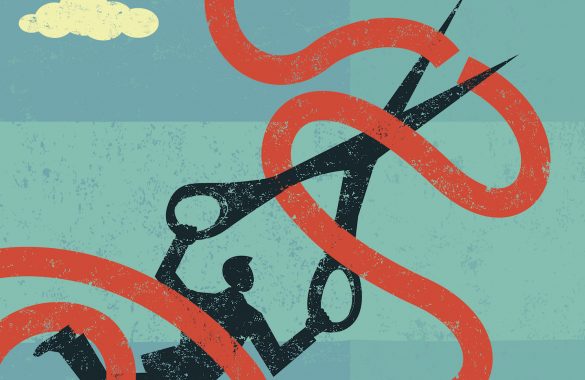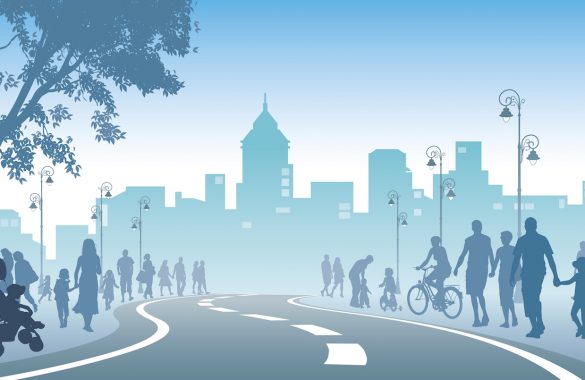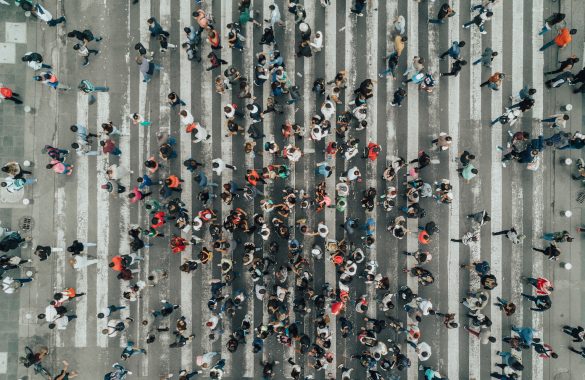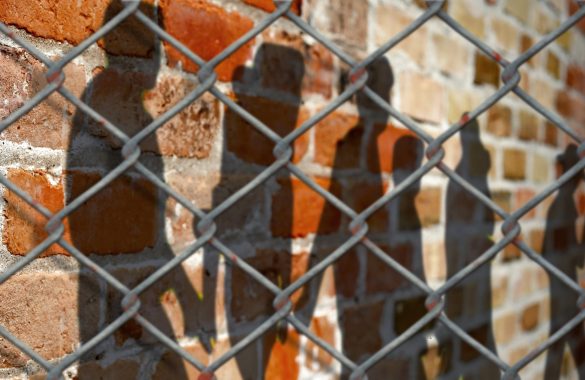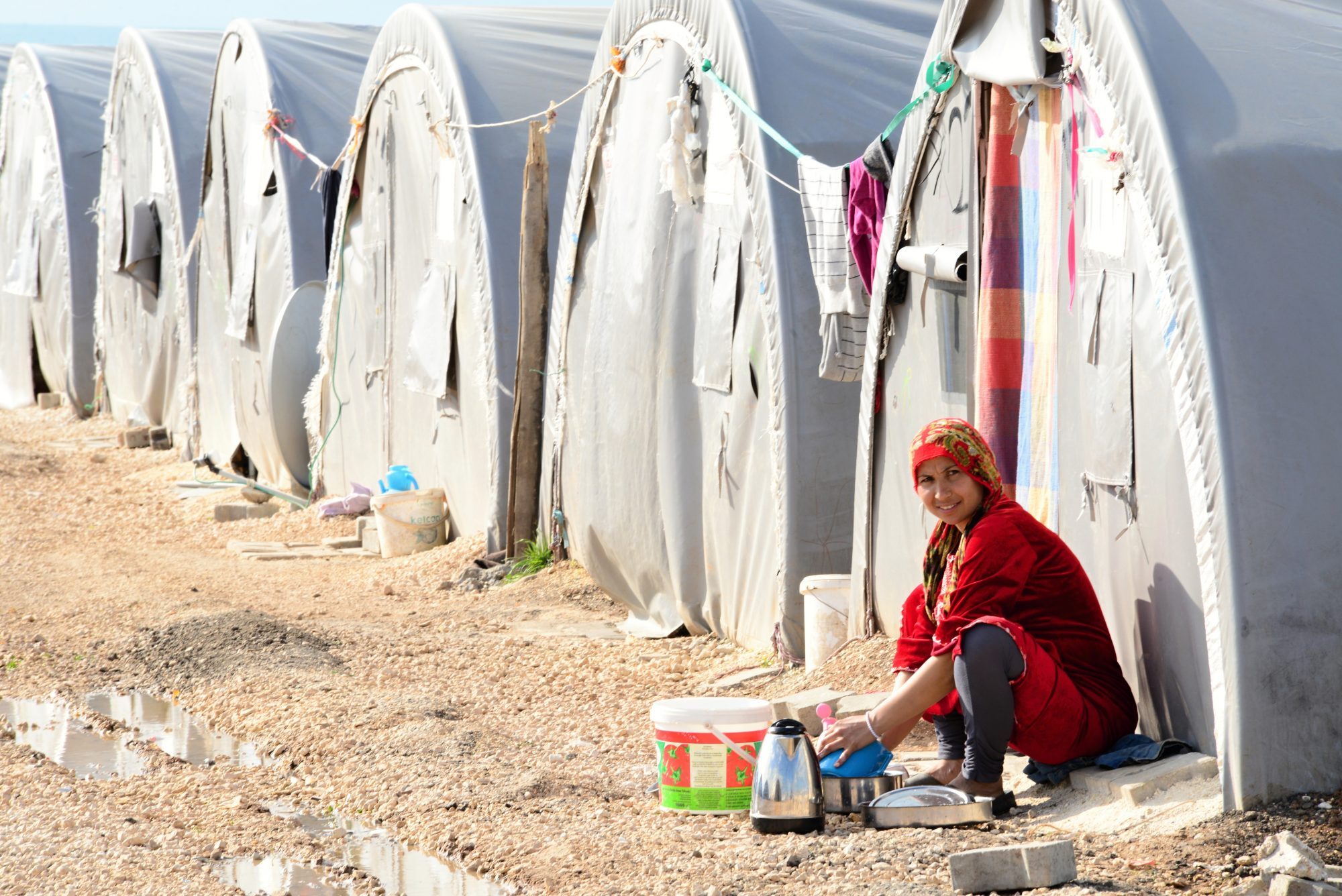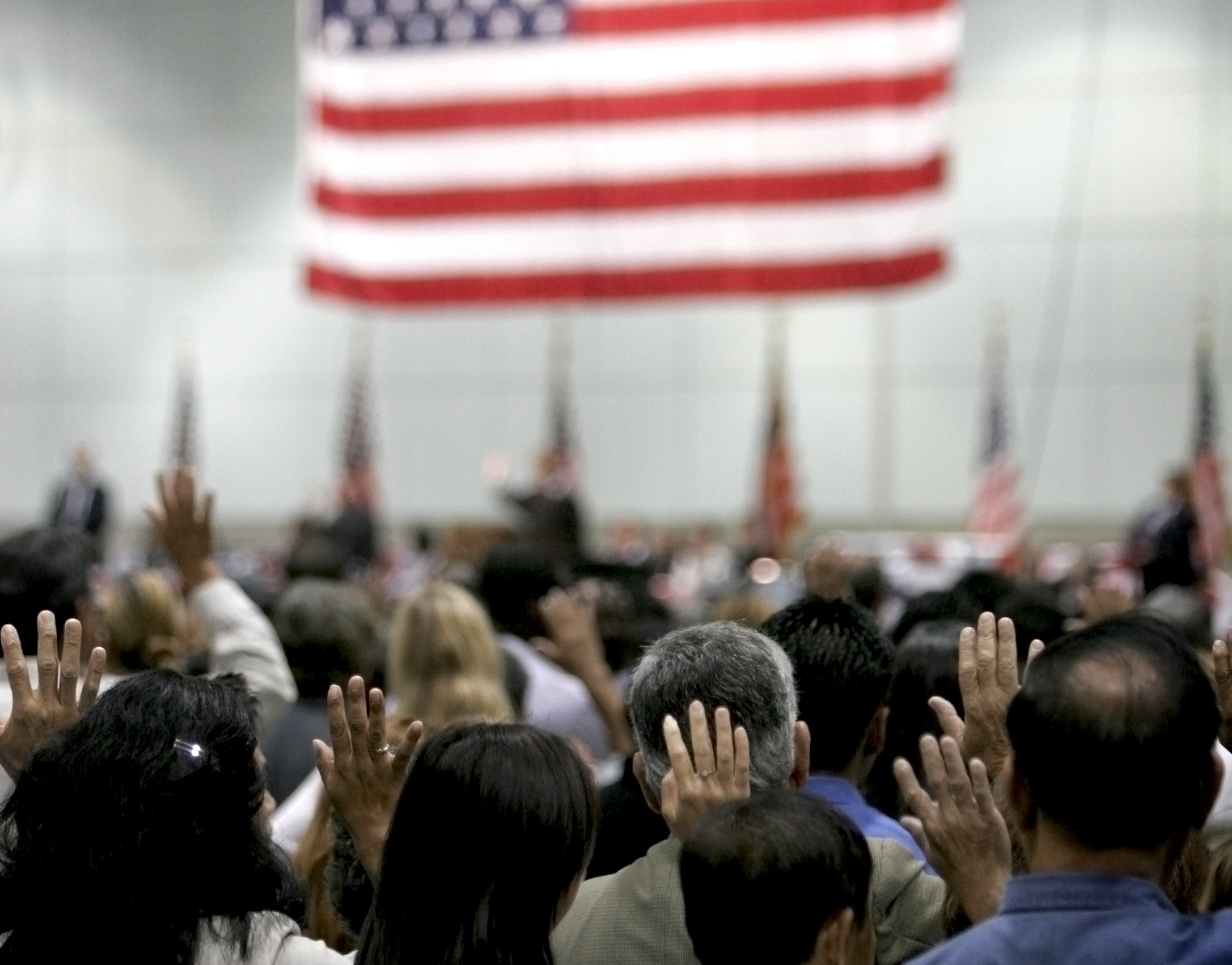The United States has seen a rise in political rhetoric and federal policy based on the “welfare magnet” idea that immigrants pose a fiscal challenge to social safety net programs, especially publicly funded health coverage. But is there any evidence of this? IPL studied the state-by-state expansion of Medicaid to include recently arrived immigrants, and the results suggest that immigrants don’t strategically move to other states to claim these benefits.
Public benefits often come with complicated eligibility requirements and application processes, which end up deterring the people who need them most. A federal fee waiver program allows low-income immigrants to apply for citizenship at no cost, but it's surprisingly underused. When USCIS streamlined the process to request a fee waiver, naturalization rates rose among people who usually face the greatest barriers to citizenship.
Many policymakers assume that living in or near an ethnic community makes immigrants less likely to integrate. They tend to overlook the ways these communities help newcomers gain a foothold in their new home. That support system can be especially beneficial for refugees, but countries often disperse them across resettlement locations in a way that discourages them from clustering. We studied refugees in Switzerland and found evidence that ethnic communities can help new arrivals find work.
For low-income immigrants, the path to U.S. citizenship can be full of obstacles, starting with high cost of applying. A federal fee waiver program allows some of them to apply for free, yet their application rates remain low. IPL researchers found that providing them with information at an opportune moment can make a big difference in encouraging them to apply.
How well are immigrants integrating in the United States? Are they doing better or worse than in Germany or France? Under what conditions have immigrants most successfully integrated into their host societies? Despite great advances in social science, the answers to these important questions remain contested. IPL is working to support solutions through a new immigrant integration index.
Many countries require asylum seekers to wait for months or years before entering the local labor market. How does this period of forced unemployment affect their ability to integrate later on? A natural experiment in Germany reveals that asylum seekers who face longer wait times are less likely to be employed, even after a decade in the country.
With greater recognition that prenatal care is essential for newborns’ health, more states have expanded coverage to include unauthorized immigrant women. While motivated by concern for future U.S. citizen children, these programs have long-term, life-changing benefits for mothers as well.
Countries receiving refugees could pave the way for integration by sending them to the place where it would be easiest for them to find employment. Using historical data from the United States and Switzerland, IPL designed an algorithm that matches refugees to their optimal city or town. It’s a policy innovation that could be easily implemented anywhere in the world and at virtually no cost.
Gaining citizenship can bring profound, lifelong benefits, but this door to opportunity remains closed to many low-income immigrants. What forms of assistance and encouragement lift the barriers to naturalization? To find out, we’ve partnered with local government in developing an innovative program offering vouchers and other incentives to citizenship-eligible residents of New York, home to the nation’s second-largest immigrant population.


